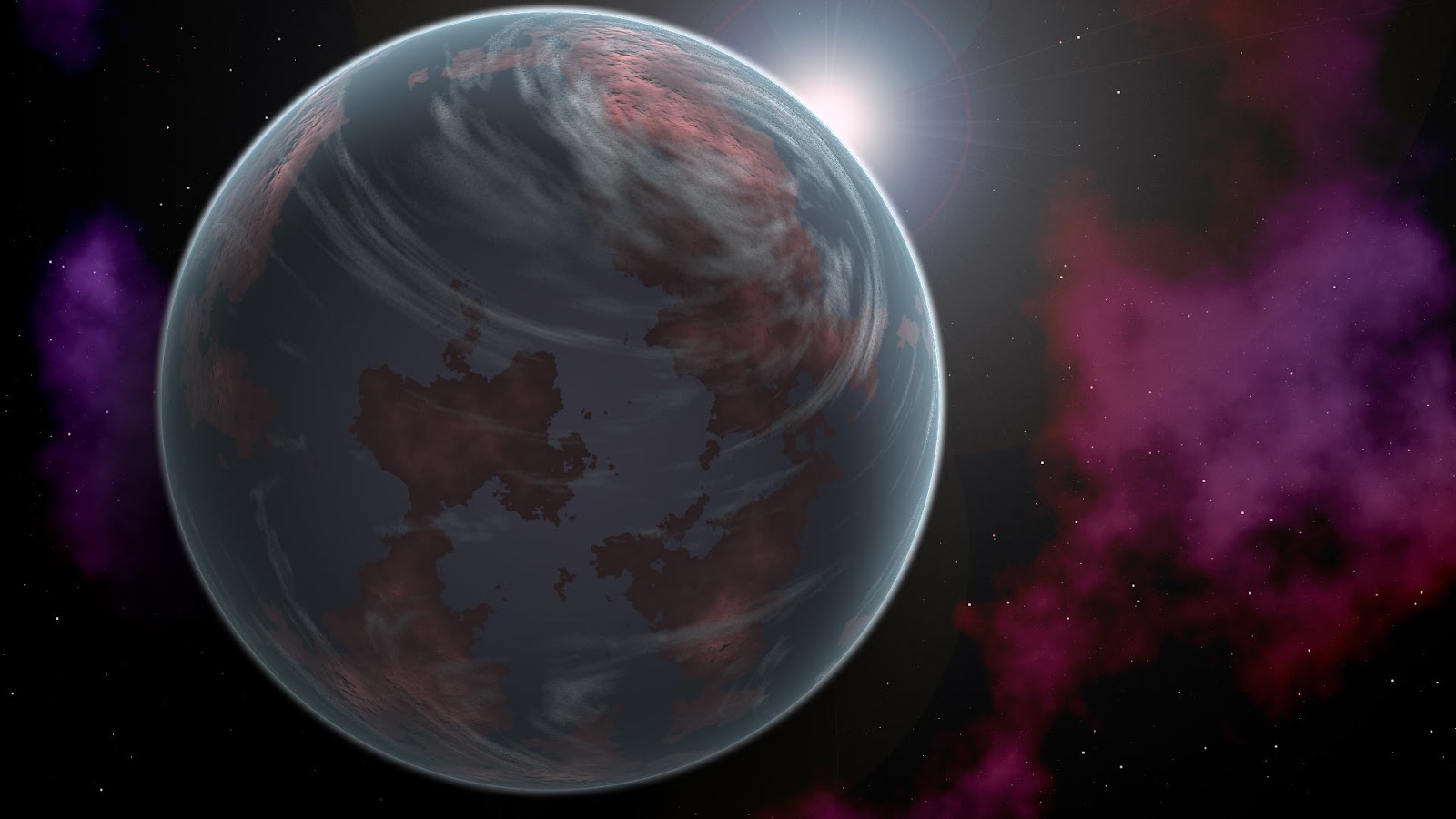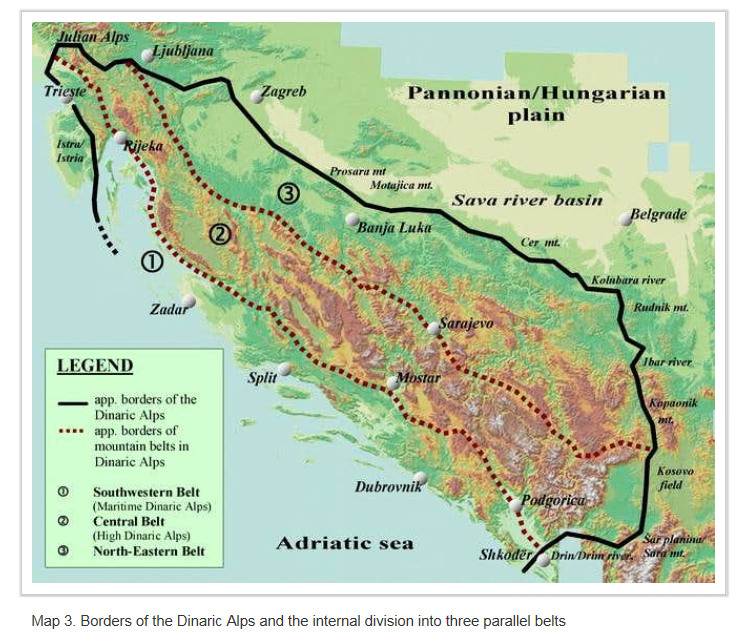亚特兰蒂斯(希臘語:Ἀτλαντὶς νῆσος,英語:Atlantis,法語:Atlantide,意為「阿特拉斯的島嶼」) SERIES 11A.
Atlantis (Ancient Greek: Ἀτλαντὶς νῆσος, "island of Atlas") is a fictional island mentioned within an allegory on the hubris of nations in Plato's works Timaeus and Critias,[1] where it represents the antagonist naval power that besieges "Ancient Athens", the pseudo-historic embodiment of Plato's ideal state in The Republic. In the story, Athens repels the Atlantean attack unlike any other nation of the known world,[2] supposedly giving testament to the superiority of Plato's concept of a state.[3][4] The story concludes with Atlantis falling out of favor with the deities and submerging into the Atlantic Ocean.
Despite its minor importance in Plato's work, the Atlantis story has had a considerable impact on literature. The allegorical aspect of Atlantis was taken up in utopian works of several Renaissance writers, such as Francis Bacon's New Atlantis and Thomas More's Utopia.[5][6] On the other hand, nineteenth-century amateur scholars misinterpreted Plato's narrative as historical tradition, most notably in Ignatius L. Donnelly's Atlantis: The Antediluvian World. Plato's vague indications of the time of the events—more than 9,000 years before his time[7]—and the alleged location of Atlantis—"beyond the Pillars of Hercules"—has led to much pseudoscientific speculation.[8] As a consequence, Atlantis has become a byword for any and all supposed advanced prehistoric lost civilizations and continues to inspire contemporary fiction, from comic books to films.
While present-day philologists and classicists agree on the story's fictional character,[9][10] there is still debate on what served as its inspiration. As for instance with the story of Gyges,[11] Plato is known to have freely borrowed some of his allegories and metaphors from older traditions. This led a number of scholars to investigate possible inspiration of Atlantis from Egyptian records of the Thera eruption,[12][13] the Sea Peoples invasion,[14] or the Trojan War.[15] Others have rejected this chain of tradition as implausible and insist that Plato created an entirely fictional nation as his example,[16][17][18] drawing loose inspiration from contemporary events such as the failed Athenian invasion of Sicily in 415–413 BC or the destruction of Helike in 373 BC.[19]
우리가 속았다. 비열한 PLEIADES놈들과 JEHOVAH놈에게 속은 것이다.
PLEIADES놈들은, 언젠가 한번은, 엿을 먹을 날이 반드시 올 것이다.
JEHOVAH무리가 죽인 ATLANTIS인들 숫자 : ABOUT 450,000명
JEHOVAH 무리가 죽인 원본래로서의 지구인들 숫자 : ABOUT 11억명(1,100,000,000명)
JEHOVAH무리가 죽인 ATLANTIS문명의 직방계적 사람들 숫자 : ABOUT 1억명
이와같은 악행을 자행할 수 있었던 이면에는 과거 플레이아데스양아치날라리 놈들이 있었다. 플레이아데스놈들이 아니면 할수 없는 일들이다.
사람들을 이렇게 많이 학살하고 죽이고도, 그들이 하나님을 참칭하고, 그럴듯한 교훈과 설교를 하고 있는 것이 오늘날의 지구의 현실이며,
이 지구를 돕겠다고 비임쉽을 파견하고, 온갖 높은 지식과 지혜를 전수해 주고 있는 놈들이 플레이아데스 놈들인데, 우리는 도대체 어떻게 되어 처 먹은 우주가 이 모양인지, 플레이아데스보다 높은 레벨의 문명들에게 묻는다. 플레이아데스놈들이 가장 큰 문제라고 판단되었다.



























































댓글
댓글 쓰기